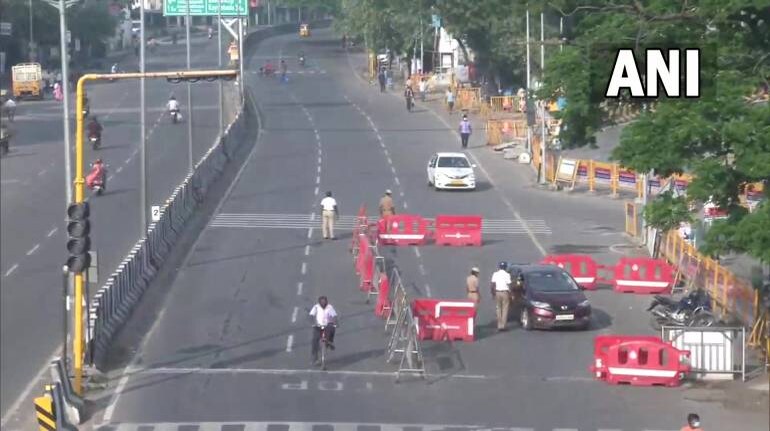



With coronavirus cases on the decline, the Tamil Nadu government withdrew restrictions such as night curfew and Sunday lockdown while permitting schools to reopen on February 1 for classes 1 to 12.
Announcing the removal of restriction on week-end worship in religious places, Chief Minister M K Stalin said people will be allowed to enter the places of worship from today onwards.
“There will be no restriction. Devotees will be allowed to offer worship inside the religious places following the implementation of SoP,” he said.
Schools, except nursery and kindergarten, and colleges will reopen on February 1 and resume the direct classes.
Following a spate of infections, the government had ordered schools to close while permitting classes for higher secondary students till Pongal (mid-January). Later, all the higher secondary schools were asked to remain shut till this month-end.
Reviewing the pandemic situation with health officials and senior bureaucrats on Thursday, Chief Minister M K Stalin announced that there will be no night curfew from January 28. Further, there would not be a complete lockdown this Sunday (January 30), as it is being withdrawn.
Restaurants, cinema theatres, clubs, amusement parks, bakeries, lodges, gyms, garment and jewellery shops, spas and salons are allowed to function with 50 per cent occupancy.
The restriction on the number of persons (up to 100) for marriage and (50) for funerals will however continue.
All colleges and universities, other than those that are temporarily functioning as COVID Care Centres, would resume classes on February 1, strictly complying with the government guidelines on COVID safety.
About 28,515 Coronavirus positive cases were added to the registry today taking the tally to 32,52,751 till date, while recoveries stood at 28,620.
The restriction on social, cultural and political gathering will continue. The polls to the urban civic bodies will be held on February 19 with stringent enforcement of the SoPs issued by the State Election Commission, a release from the government said.
Discover the latest Business News, Sensex, and Nifty updates. Obtain Personal Finance insights, tax queries, and expert opinions on Moneycontrol or download the Moneycontrol App to stay updated!
Find the best of Al News in one place, specially curated for you every weekend.
Stay on top of the latest tech trends and biggest startup news.